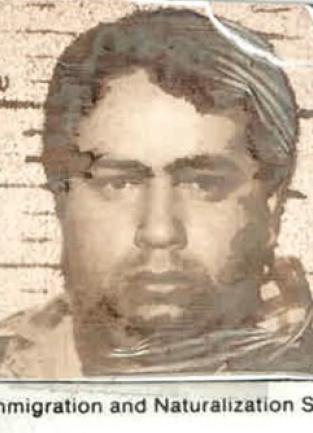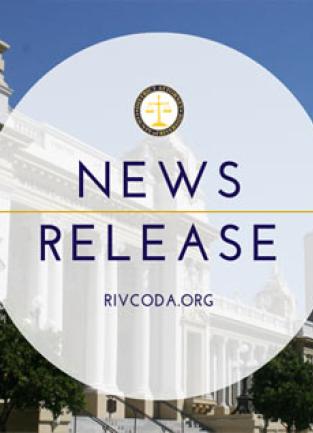Riverside County program in place to REACH human trafficking victims
January 26, 2022

Reflect, Emerge, Act, Choose, Hope takes a proactive approach to helping trafficking victims
As National Human Trafficking Awareness Month is coming to an end, we want to let you know about a program here in Riverside County that is taking a proactive approach to helping victims of human trafficking.
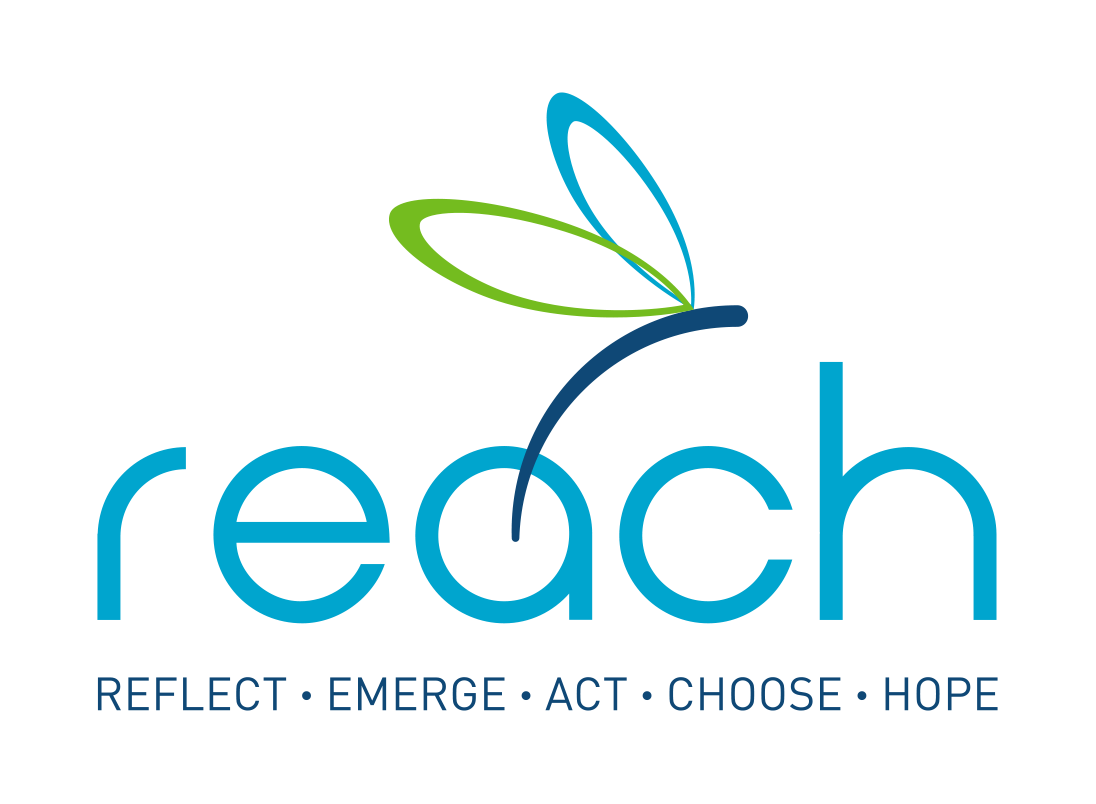 REACH is an acronym for Reflect, Emerge, Act, Choose, Hope. And the program works to give commercial sex workers and human trafficking victims the tools needed to do all those things. While REACH itself is relatively new, it formerly was CASA, or the Center Against Sexual Assault of Southwest Riverside County, which has been around for more than 35 years.
REACH is an acronym for Reflect, Emerge, Act, Choose, Hope. And the program works to give commercial sex workers and human trafficking victims the tools needed to do all those things. While REACH itself is relatively new, it formerly was CASA, or the Center Against Sexual Assault of Southwest Riverside County, which has been around for more than 35 years.
“There is a direct correlation between commercial sex work and human trafficking,” said Erika Cleland, program manager of REACH. She says many of those working in the commercial sex industry have reported being forced or coerced into the work or on the verge of homelessness and turning to that work to survive.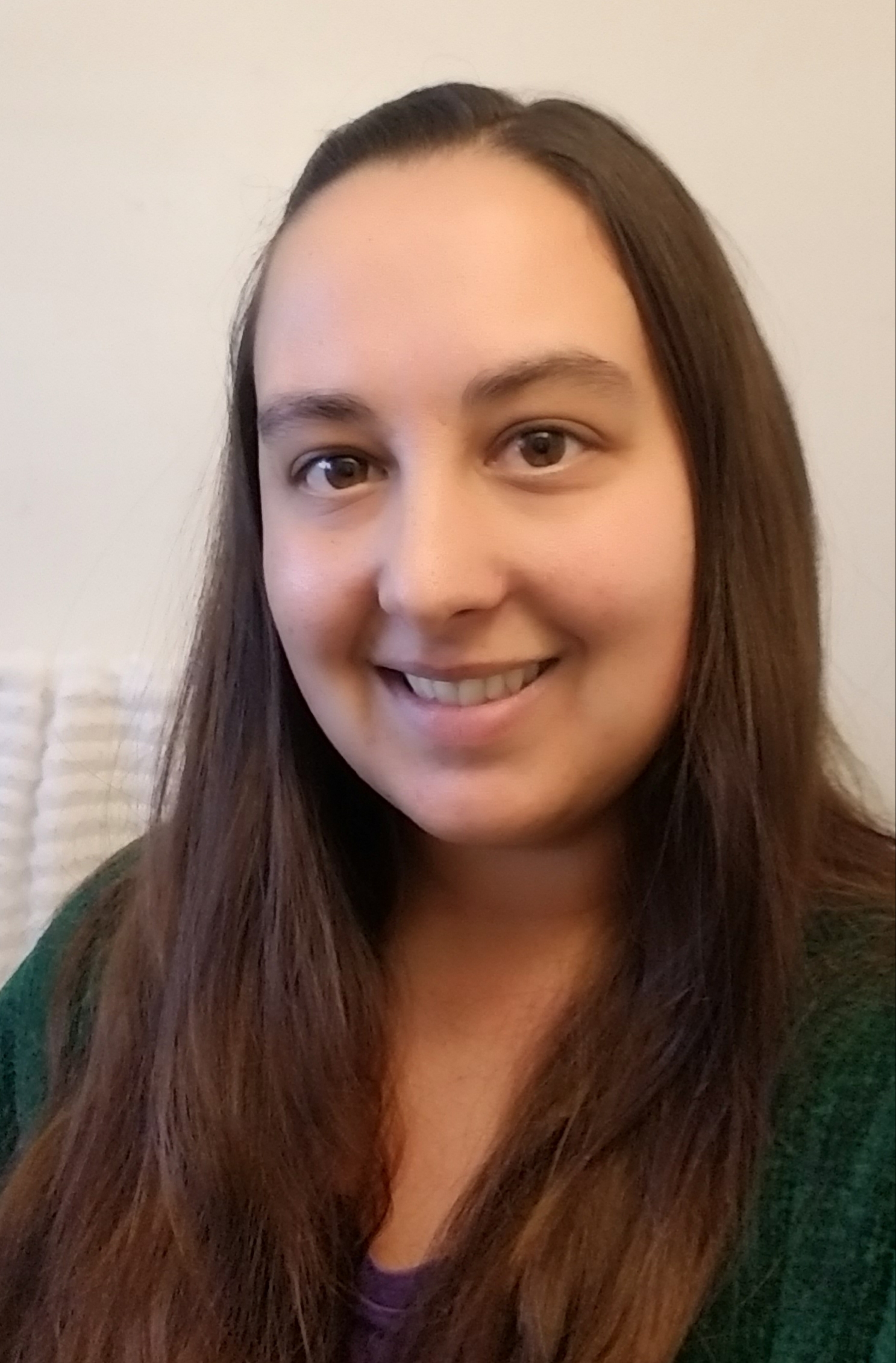
“The goal of this program is to offer women and men in the commercial sex industry an alternative to the reprimands of the justice system and instead offer them an opportunity to connect with community resources, find healing for trauma, gain new knowledge and insight on how they can stay safe, pursue their dreams and foster healthy relationships,” Cleland said. “This program also aims to support the judicial system by reducing the number of incarcerations and its associated costs. Studies have shown a reduction in recidivism when defendants are referred to diversion services, such as the Commercial Sex Work and Human Trafficking Treatment and Diversion Program.”
REACH is a way to give victims the skills and information they need, “allowing them to have a voice,” to get out of that life if they so desire, Cleland added. “We have a real emphasis on healing.”
The program receives a Human Trafficking Victim Services grant from the California Office of Emergency Services providing treatment and outreach services to those experiencing human trafficking, Cleland said.
REACH involves various aspects of the criminal justice system – the courts, the District Attorney’s Office, the Probation Department, and defense attorneys – all working together to help victims.
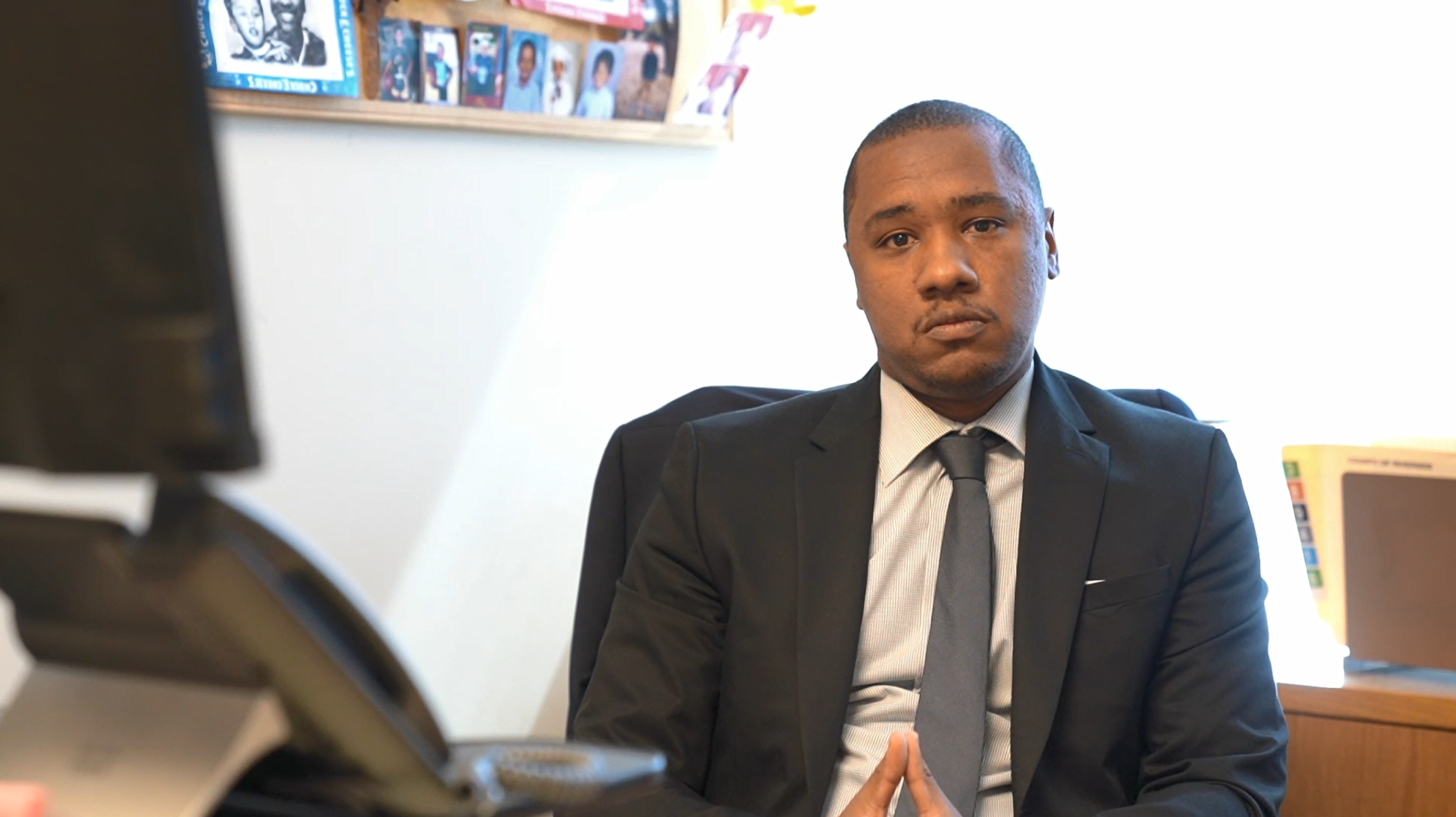 “We are trying to take a proactive approach to fight human trafficking,” said Riverside County Deputy District Attorney Gary Polk who works with REACH for our office.
“We are trying to take a proactive approach to fight human trafficking,” said Riverside County Deputy District Attorney Gary Polk who works with REACH for our office.
“When we come into contact with victims, we want that to be the last time by giving them the tools to get the help they need so they don’t reoffend,” Polk added. “We want to effectively address these cases by looking at ways to come up with solutions.”
Riverside County Superior Court Judge Emma Smith presides over Collaborative Courts, which includes mental health diversion. She also is the chair of the California Judges Association Mental Health Committee.
“Human trafficking is a concept that, once seen and truly understood as the devastating and destructive beast that it is, cannot be unseen,” Judge Smith said. “And that beast has tentacles and branches that stretch and splinter in such a way that it does not just ‘intersect’ with criminal Justice … it infiltrates and plagues our system in complex and, often, nuanced ways.
“Every year we are able to develop an exponentially more acute understanding of this world and the effects it has on its victims,” the judge adds. “The law has developed ways in which we are precluded from treating certain cases when we know that people are victims of human trafficking. However, we must collaboratively work to identify who is such a victim, or is likely to become one, to meaningfully be expected to follow those laws.
“As a judge, I will always strive to properly follow and rule on the law. But I will also always strive to treat every person appearing before me with dignity and respect. These specialized programs play a large part in our (judges) being able to do so, and for that we are grateful,” she said.
There are two “pillars” of referrals to the program. One is being referred for a diversion program by the court prior to the dismissal of charges. That refers a person for either an eight-week or 18-week program. The second pillar is a referral by the court as a condition of probation. That one can be for three, six, or nine, or 12 months.
When someone is referred to REACH, an assessment is done to determine the appropriate case plan for that specific individual. That can include being placed in intensive in-patient residential treatment, intensive outpatient treatment, substance abuse treatment, mental health treatment, or provided other resources and referrals.
The plan can include various elements such as participating in individual or group therapy, life skills groups, enrolling in substance abuse and/or mental health programs, or referrals to transitional living programs.
Currently there are two people in the REACH program and five who have completed the program, Cleland said.
“This is a great opportunity to provide commercial sex workers with the treatment and empowerment they need rather than just a reprimand,” she said.
A similar program used in Los Angeles County called Journey Out, has seen 60 percent of its participants self-report that they were able to leave the commercial sex industry upon completing that program.
Deputy DA Polk said that is the goal. “We are giving those who want them the tools they need to get out of the life.”
For more information about REACH, go to their social media @reachus4hope or website, www.reachus.org.



